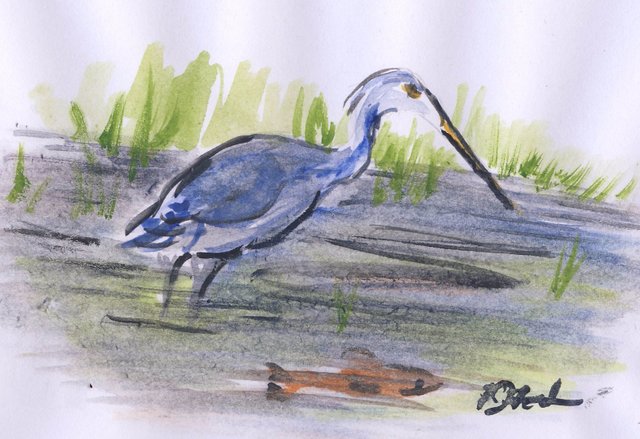My daughter looked up into the summer evening and took a deep breath of the high heat index air before announcing, "I can see why they used to think the world was flat. It seems like it is just us and the sky sometimes."
The rest of the family explored this thought with her for a while as we looked up at the clouds and tree line to see what had inspired it. Eventually, I commented that, a long time ago, the belief in a flatland was so strong that people were dismissed or even ridiculed for saying that they thought that the Earth was round. This prompted my younger child to ask, "Which side were you on, Mama? The flat or the round side?" ('Cause, you know, I was born such 'a long time ago'!)
Despite the fact that I wasn't actually alive when the Roman calendar first came into use, the question still made me wonder how I might have answered if I had been. It’s only a slight variation of the same question that I find myself having to ask more and more each day: How do we know what the truth is?
I know I am not the only one wondering this. Our modern world is so saturated with extremely polarized opinions and people set firmly in one camp or the other. There is so much pressure on society to always choose and define our opinions by these absolute boundaries which is why it is not at all surprising that my little one saw the issue in terms of having to choose a side; They feel the divisiveness too.
In such an overwhelming environment, how do we help our children sort through all of the world’s conflict to determine what truths they can believe in? Is the truth whatever you want it to be? Is the truth what someone tells you to believe? Is the truth what the most people decide it is? Is the truth what benefits you personally? Is it something you feel? What happens when one truth you choose conflicts with other truths you have decided upon? What if something seems like it could be the truth, but you have some questions about it that still aren’t clearly answered? Is that close enough? Or if the truth seems to change over time, like when we gain new scientific knowledge, how can any of us ever be certain of anything?
Sometimes the truth is simple. If no one saw you break a window, you probably know whether you did or not. You know the truth. If your mom or your sister saw you break a window, then they and you know the truth.
Most other truths are a lot more complicated to understand or identify.
So, back to the original question…flat world or round world? How would I have chosen which truth to believe in? Well, first of all, I would have to decide if it mattered to me enough to figure out; Does knowing the truth affect my life in an important way? If the answer was yes (like I might fall off the edge if I went too close), then I would take a much deeper look into both sides of the argument and try to find facts that appeared to be the most undeniable. I would then see if there were other ways of looking at the issue than any of the sides presented or that I could test for myself.
From all of this information, I would just have to trust that I was making the most honest assessment that I could at the time and hold in my heart the realization that I should stay flexible with my understanding of the truth as more information could always come to light.
That isn’t what the pressures of society force on us. The world constantly demands that we “pick a side” or “pick a team”. Choosing “truth” is different. It may rarely be known with certainty or in such absolute terms.
So…after listening to all the information, taking some long walks, playing with shadows, and observing the horizon, I likely would have eventually believed that the Earth was a sphere like we do today. However convincing the choice may be, I can still make it while keeping an open mind to other options for the truth such as the possibility that we might live in a plain which simulates the appearance of roundness, but is in actuality… just flat.
Because...you never really know.

"The struggle between for or against the mind's worst disease" Mr. Bruce Lee said something like that. I've been contemplating this question you pose in relation to society. Society picks what is true for us in this sense. Perhaps it can be wrong, and should decide our ultimate truth, but it might be said to be foolish to disagree. Nice article, use pictures, I'll bet people will respond better!
Downvoting a post can decrease pending rewards and make it less visible. Common reasons:
Submit
Thanks. Yes, the puzzle expands...when is a truth worth standing up for? When do you try to offer other truths? When do you keep your head down?
Downvoting a post can decrease pending rewards and make it less visible. Common reasons:
Submit
Downvoting a post can decrease pending rewards and make it less visible. Common reasons:
Submit